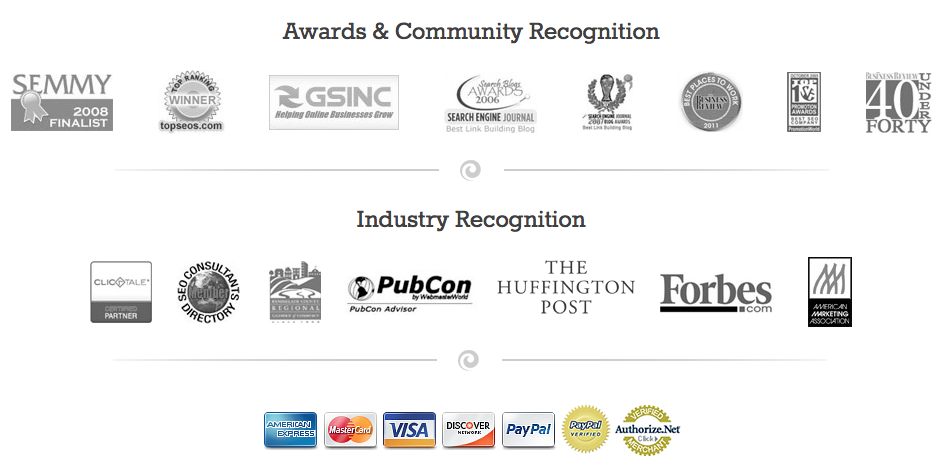Online Reputation Management

To add the above image to your website, please copy and paste the code below.
This infographic shows information on the Communications Decency Act. Section 230 covers the owners of websites and their liability when another person uses their website to slander someone else’s company. The infographic traces the development of this legislation and what it means to employers and companies who may be harmed by someone else’s use of their websites.
Section 230 of the CDA states that ISPs and websites are not responsible for third-party content. This section relieves website owners of the burden of liability from posted third-party items that may be slanderous or in some way illegal.
While this portion of the act helps to protect website owners, it also places victims at a disadvantage. Because victims of slander do not have legal recourse against the owner of a website, an unidentified third party’s actions may go unpunished.
The courts have also been unkind to ISP managers and search engine providers who attempt to curb illegal Internet conduct. In March of 2009, Google began flagging in appropriate content and labeling certain companies or websites as fraudulent, scams or rip-offs. In 2010, a court in France ruled against Google in a suit regarding a negative label, and in 2011, an Italian court ruled that Google must remove such labels.
However, victims are not without recourse when they can identify their attackers. One woman won an $11.3 million defamation suit against someone who attacked her reputation online. Unfortunately, these types of awards are rare.
Many people are worried about their online reputation. 44 percent of adults say that they have used the Internet to search for information on a company with which they intended to do business, and 70 percent of young adults have adjusted their privacy settings, including removing their names from pictures in which they were tagged, in an effort to control their online image.
Online reputation management is not a new field. Since 2006, companies have been founded that specialize in online reputation management. Many companies hire these experts to remove negative information about them, to push out positive content, or both. Reputation management has become a growing area in which SEO experts and others can specialize in order to help companies build a strong and positive online presence.
This worry over online reputation is a valid one. Negative reviews or postings can severely harm your business. Most customers rely at least in part on reviews when making buying decisions. However, the bigger fear is that a poor online presence may cause visitors to avoid your site altogether so that you never get the chance to correct a poor first impression made by negative publicity. It is important to deal with this so that you can attract visitors to your site and use your other SEO techniques to convince them to buy from you or use your services.
If you need help with your online reputation management, please contact Orange County SEO today. We can help you manage your reputation and build customer loyalty.
Technorati Publisher Code: T3KBSAB8TAQJ

















